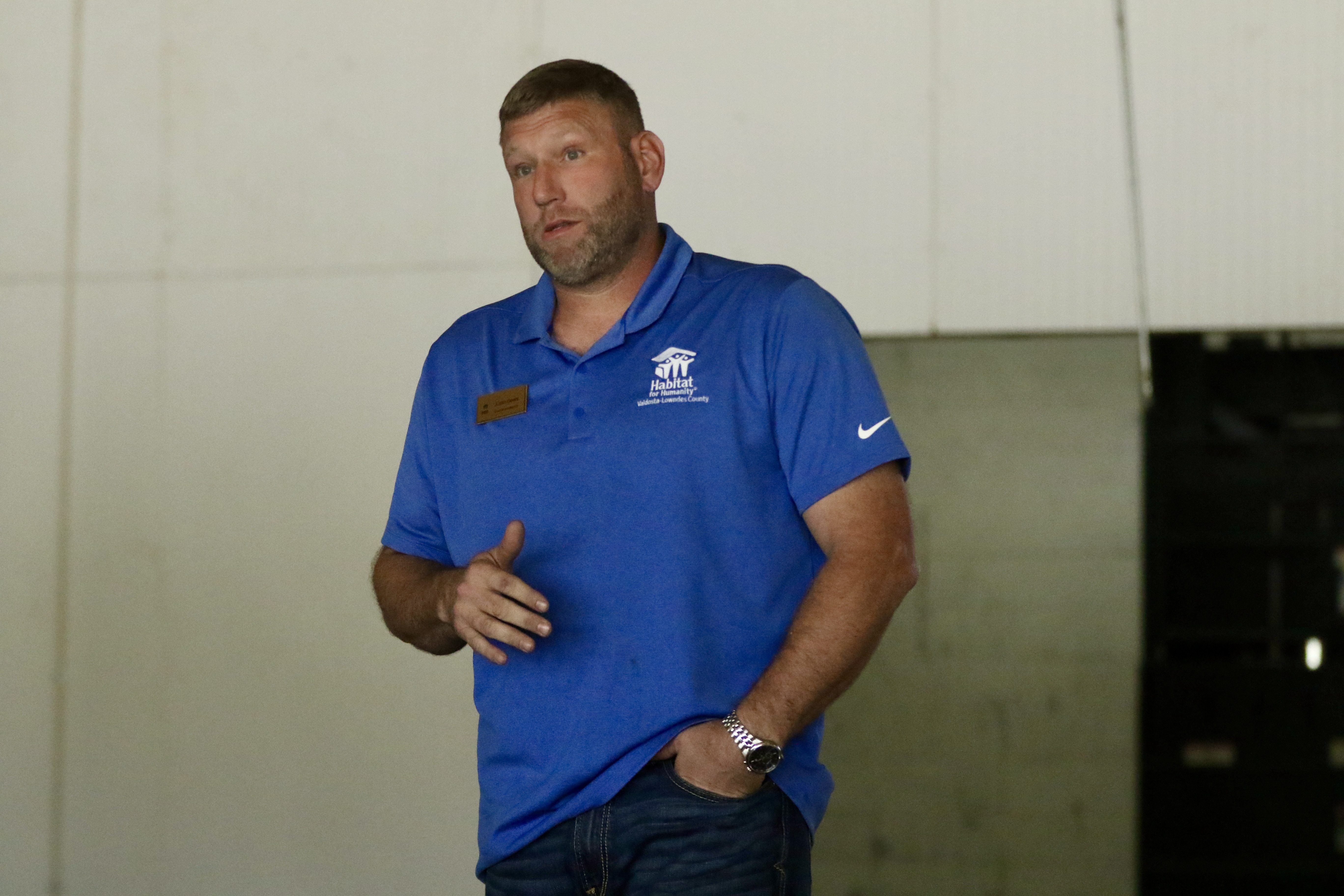KENT PATRICK: Understanding the Social Security Fairness Act
Published 9:48 am Saturday, January 18, 2025

- Kent Patrick
A renewed effort to bring equity to the Social Security system is gaining momentum on Capitol Hill. The Social Security Fairness Act, a piece of legislation with bipartisan support, seeks to repeal two provisions of Social Security law that have long been controversial among public sector employees: the Windfall Elimination Provision (WEP) and the Government Pension Offset (GPO).
These provisions affect certain retirees who have earned pensions through government work not covered by Social Security. For many, they result in significantly reduced or even eliminated Social Security benefits, leading to financial hardship for individuals who devoted their careers to public service, such as teachers, police officers, and firefighters.
What are the WEP and GPO?
The Windfall Elimination Provision (WEP), enacted in 1983, reduces Social Security benefits for retirees who worked in jobs where they did not pay into Social Security but also worked other jobs where they did. This provision was intended to address what Congress perceived as a “windfall” for these workers by adjusting their benefits based on a different calculation than used for other workers. Critics argue that the WEP disproportionately penalizes low-income earners and fails to account for the realities of modern work histories.
The Government Pension Offset (GPO), also enacted in 1983, impacts spousal or survivor Social Security benefits. It reduces these benefits by two-thirds of the retiree’s public pension. For example, if a retired teacher receives a $1,500 monthly pension, their Social Security spousal or survivor benefit could be reduced by $1,000—or eliminated entirely. Many argue this unfairly punishes public servants who rely on both their pension and Social Security benefits for financial stability.
Why is change needed?
Supporters of the Social Security Fairness Act argue that these provisions are outdated and disproportionately harm public sector employees. In some cases, individuals discover late in their careers—or even in retirement—that they will not receive the Social Security benefits they expected, leaving them with limited time to adjust their financial plans.
Opposition and challenges
While the bill has strong bipartisan backing, it faces challenges. Critics of repealing the provisions cite the potential cost to the Social Security Trust Fund, which is already facing long-term solvency issues. The Congressional Budget Office (CBO) has estimated that full repeal could cost tens of billions over the next decade.
To address these concerns, some lawmakers have proposed alternatives, such as reforming the WEP and GPO rather than repealing them entirely. These proposals aim to minimize the financial impact while still providing relief to those affected.
What happens next?
The Social Security Fairness Act has been introduced in both the House of Representatives and the Senate multiple times over the years. While it has yet to become law, the growing number of co-sponsors and advocacy from organizations like the National Education Association (NEA) and the American Federation of State, County, and Municipal Employees (AFSCME) suggest that momentum is building.
For millions of retired public servants, the repeal of the WEP and GPO would mean a more secure financial future. As Congress debates the issue, the stakes remain high for those whose retirement security hangs in the balance.
Kent Patrick is with Bush Wealth Management. This information should not be construed by any client or prospective client as the rendering of personalized investment advice. For more information, please visit BushWealth.com for full disclosures.





